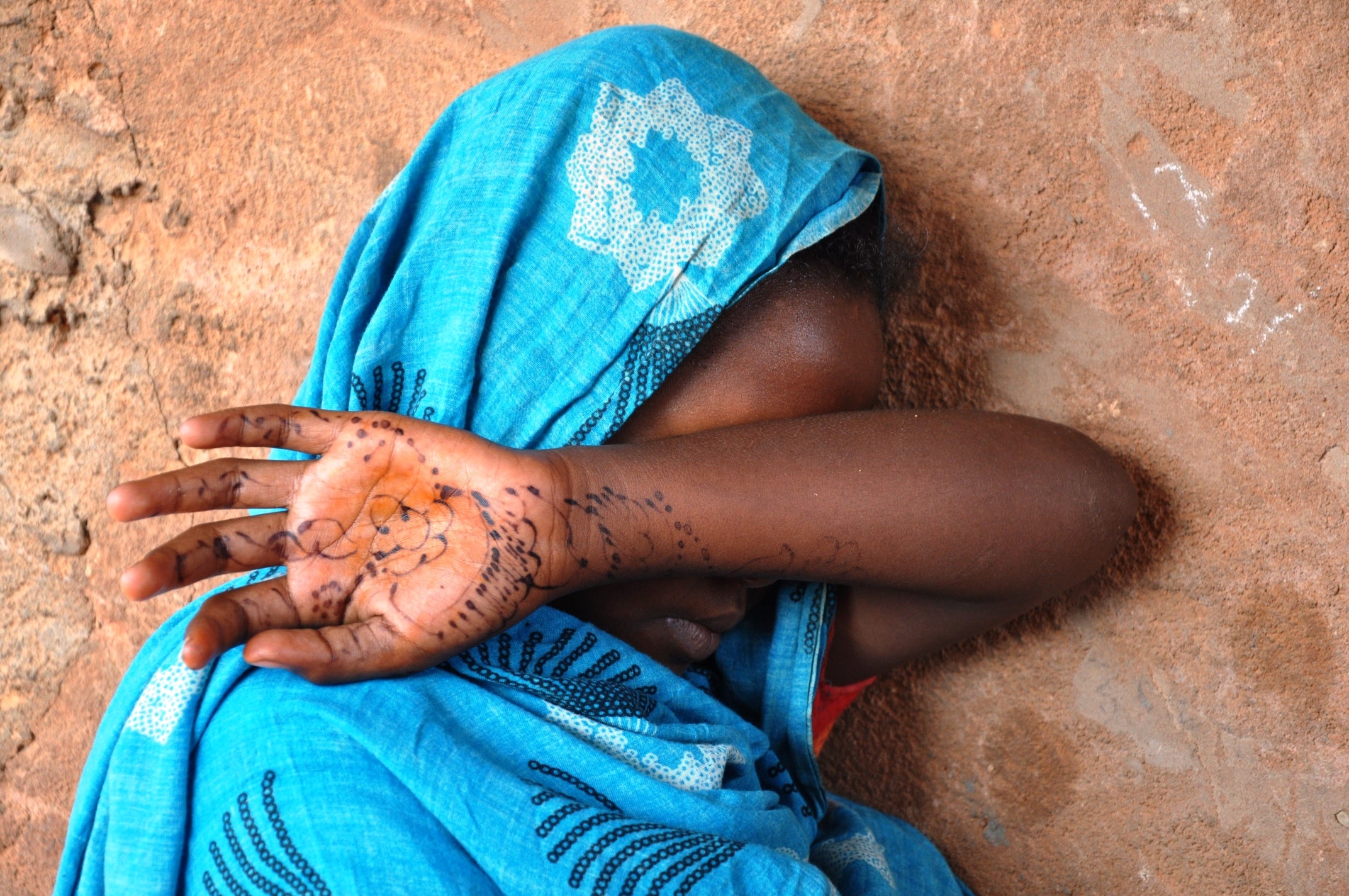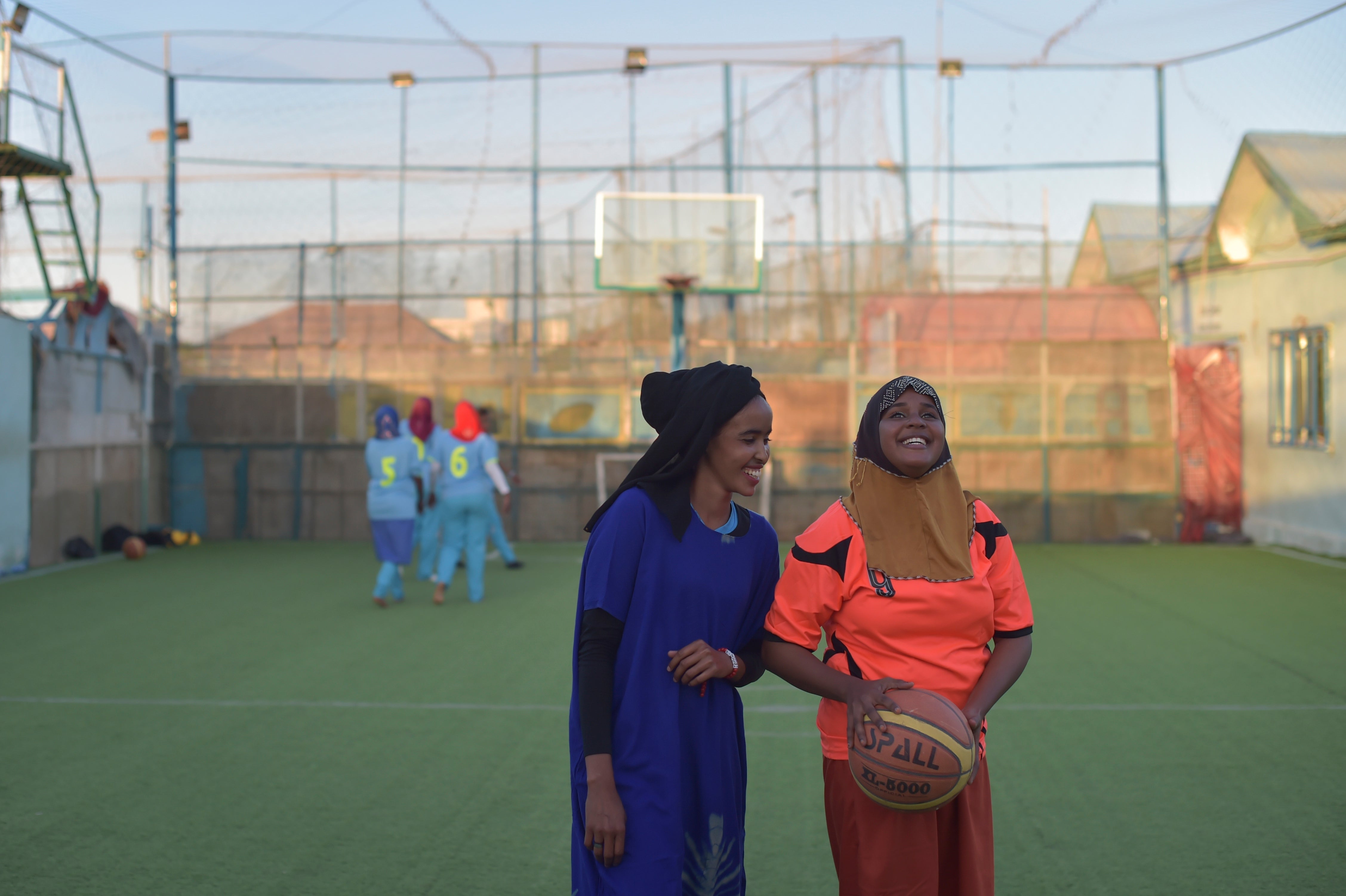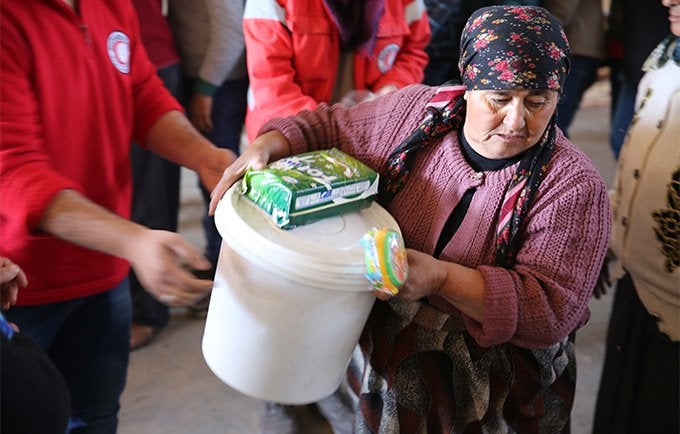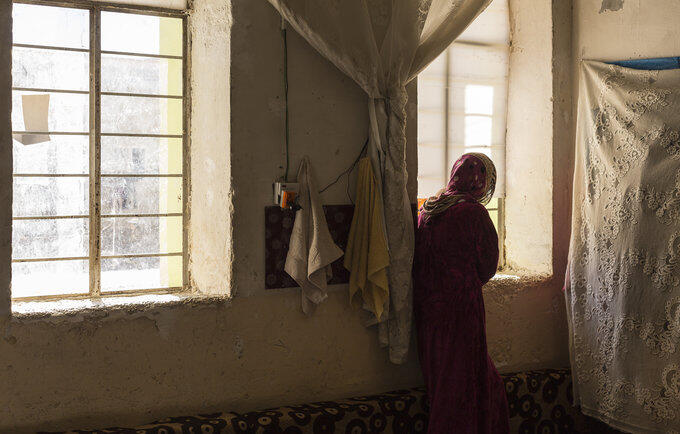Over a woman’s lifetime, she could easily spend three to eight years menstruating. Misconceptions and mismanagement of menstruation can hamper women’s ability to exercise some of their basic human rights, and to contribute to their communities.
Gender inequality, extreme poverty, humanitarian crises and harmful traditions can all turn menstruation into a time of deprivation and stigma. In such cases of heightened vulnerability, menstruation becomes a threat to women’s health and wellbeing. Below are 4 reasons menstruation is a human rights issue.

One: Menstruation could stigmatize women and exclude them from public life:
The perception that menstruation is dirty or shameful contributes to restrictions women and girls face during vaginal bleeding, which exist in many, if not most, countries. Some restrictions are cultural, such as prohibitions on handling food or entering religious spaces, or the requirement that women and girls isolate themselves. Some restrictions are self-imposed; women or girls may fear participating in activities like school, athletics or social gatherings. Together, these practices can reinforce the idea that women and girls have less claim to public spaces, and that they are less able to participate in public life.
The stigma leaves women and girls vulnerable to things like period poverty and discrimination. It also adversely affects women and girls with heightened vulnerabilities. Those living with HIV can face stigma when seeking sanitation facilities, menstruation supplies and health care, for example.

©UNFPA_Somalia
Two: Menstruation could limit women’s opportunities
Another common misconception is that women and girls have diminished capacities, whether physical or emotional, due to their menstrual cycles. These ideas can create barriers to opportunities, reinforcing gender inequality.
Nineteenth century physicians, for example, believed that periods “render it extremely doubtful how far they can be considered responsible beings.” Similar ideas persist today. Women may face degrading comments about menstruation affecting their physical or emotional states. They may be excluded from certain roles or positions of leadership.
In truth, most women and girls do not have their abilities hindered in any way by menstruation.
packages of supplies called dignity kits. © UNFPA Yemen
Three: Menstruation could lead to health problems and psychological strain
Lack of access to the right menstrual products may lead to greater risk of infection. Health issues particular to women’s and girls’ bodies – including not only menstruation but also pregnancy, childbirth, post-partum changes and menopause – have often been overlooked by decision-makers, policymakers, educators and even medical establishment.
Women and girls living in extreme poverty and in humanitarian crises may be more likely to face these challenges. In one Syrian refugee community, for example, health workers reported seeing high levels of such vaginal infections, perhaps a result of poor menstrual hygiene management. However, there is no strong evidence about the risks and prevalence of such infections.
Silence about menstruation can lead to ignorance and neglect, including at the policy level. As a result, women and girls often know little about the changes they will experience as they advance through life. Many girls learn about menstruation only when they reach puberty, which can be a frightening and confusing experience.

She cuts her baby’s diaper in half and uses half as diaper for her child and then she divides
the second half to as many parts as she could to use them as sanitary pads,"
UNFPA humanitarian worker in Syria. © UNFPA Syria/Sufian Abdulmouty
Four: Menstruation could exacerbate already vulnerable women and girls:
The onset of menstruation, called menarche, is believed to be an indication that girls are ready for marriage or sexual activity in many parts of the world. This leaves girls vulnerable to a host of abuses, including child marriage, sexual violence or coercion, and early pregnancy. While menstruation is one indication of biological fertility, it does not mean girls have reached mental, emotional, psychological or physical maturity. In rare cases, menarche can take place before a girl reaches age 7 or 8, for example. And even older teens may not be mature enough make informed choices about marriage, sexual activity or motherhood.
Poverty and humanitarian crises can limit women’s and girls’ access to culturally appropriate menstrual supplies and safe, private washing facilities. Period poverty describes the struggle many low-income women and girls face while trying to afford menstrual products. Difficulty affording menstrual products can cause to girls staying home from school and work, with lasting consequences on their educations and economic opportunities.
Vulnerable women and girls in affluent communities can also face poor access to safe bathing facilities and menstrual supplies – including those in impoverished school systems, prisons and homeless shelters.


